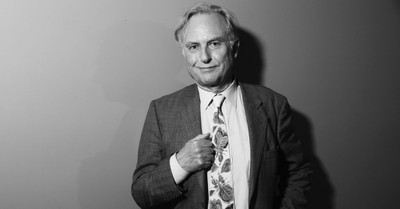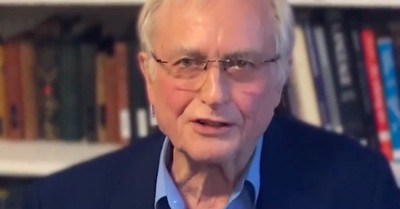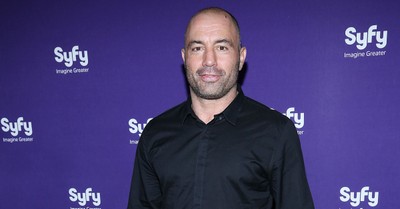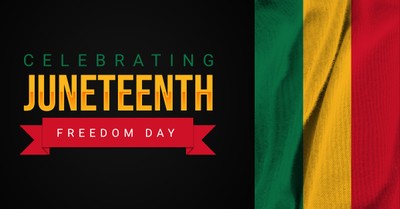
You can't have Christianity's fruit without its root.

You can't have Christianity's fruit without its root.
One of the world’s most prominent atheists says in a new interview that he considers himself a “cultural Christian” and believes Christianity is a “fundamentally decent religion” that is far better for society than Islam.
New book helps us understand and respond to the phenomenon seeping into the Church.
While Christianity is personal, it is not private. It makes claims about all of reality, most notably that Christ is Lord of all. Christianity cannot be reduced to some therapeutic or pragmatic formula. It is to be lived, publicly.
During a recent episode of "The Joe Rogan Experience" podcast, host Joe Rogan and New York Jets quarterback Aaron Rodgers discussed the importance of Christianity in a chaotic world.
Why the Christian view does not need to exclude or assume life on other planets.
Christianity has changed the world in so many significant ways, many of which we are probably not even aware of on a daily basis. In his new book "Unimaginable: What our World Would be Like without Christianity," Dr. Jeremiah J. Johnston explores the ways in which Christianity has impacted the world for good and also what the world would be like if not for Jesus and the values He instills in every human life. Dr. Johnston looks at the impact Christianity has had--and is having--on the world from a cultural, historical, political, and personal standpoint. Below are excerpts based on Dr. Johnston's new book which draws attention to ten specific ways in which Christianity has influenced and changed the world for the better.
In 2020, January Littlejohn’s daughter came home confused about her sexual identity after three of her close friends at school began identifying as transgender. Littlejohn, herself a licensed mental health counselor, did her best to support her daughter, opening the door to conversation and seeking out a mental health counselor. But as she relates, the real surprise came later:
When school started, my daughter got into the car and said, “Mom, I had a meeting today at school, and they asked me which restroom I wanted to use.” … What we learned that the school had done was socially transitioned our daughter without our notification or consent. And then they did something particularly nefarious: They asked our daughter what name they should call her when speaking to her parents, and that was to effectively deceive parents that these gender support transition plans had ever taken place.
Last week, a special international conference held in Dallas, Texas, brought people from around the world to usher in the return of the Messiah.
The first annual conference, titled “Gather America,” brought Jews and Gentiles together in worship and the theme of crying out to the Lord in repentance, CBN News reports. More than 1,000 Christians were reportedly in attendance for the event.
“Hearts and voices unite in #praise and #worship at an international conference called "Gather America" in Dallas, Texas, co-founded by the talented American-Israeli Messianic singer, Joshua Aaron,” wrote Jerusalem Dateline on X, formerly known as Twitter.
The post also included a clip of a woman singing “Days of Elijah” in Spanish while a dance team is dancing by the altar.
I once had the privilege of chatting with a thoughtful and creative young African American man. He was raised in a Christian home, but a friend exposed him to arguments that denounced Christianity as the means by which slavers of old and modern racists justified policies that hurt African Americans. The young man came to view Christianity as the inherently racist “white man’s religion.” He eventually gave up his belief in God altogether.
The young man brought up his accusation that the Bible is inherently racist. Politely yet passionately, he started with Old Testament passages that he believed condoned slavery and ended with his claim that in the New Testament, neither Jesus nor the apostle Paul condemned the practice. The young man believed all religious beliefs fostered the kind of tribalism that pits people groups against each other and inevitably results in racial prejudice. With all of that, he had enough to disqualify Christianity as a racist, sexist, white man’s religion.








